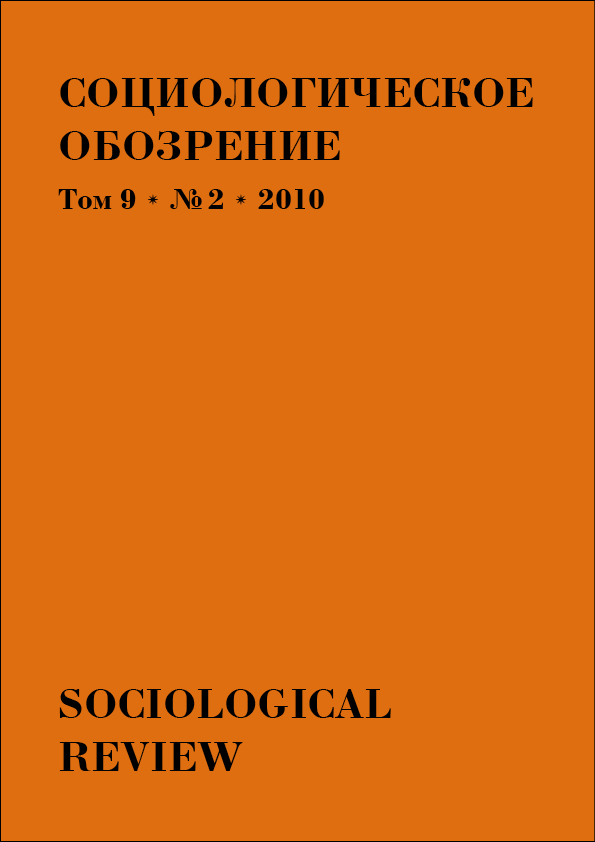Tia DeNora. Music as Agency in Beethoven’s Vienna
Keywords:
musical performance, agency, musical discourse, Romanticism, creative agent, performing standards, body aesthetics, image of hero, self-reflexive subject
Abstract
Tia DeNora points out the shortcomings of theoretical approach in sociology of music which considers music primarily as a reflection of social reality. She argues that it is inappropriate to reduce music and its function in society to its reflective properties. Following cultural sociological approach she regards music as “an independent variable” and thus endows it with causing power. Searching for theory which combines advantages of several approaches Tia DeNora focuses on the idea of agency understood as “capacities, modes, and opportunities for action,” which were shaped within a musical environment. By the example of Beethoven’s work she analyzes the process of how his music, its reception and performance produced new modes of agency in musical world of Vienna of the XIXth century and outside. On the one hand DeNora looks at musical critical discourse, and on the other hand she focuses on the embodiment of ideas in the performance of Beethoven’s works. By doing this DeNora investigates the connection between philosophical ideas of those times, Beethoven’s music and forms of agency, which were reproduced by music.Downloads
Published
2011-03-06
How to Cite
ВоликА. (2011). Tia DeNora. Music as Agency in Beethoven’s Vienna. Russian Sociological Review, 9(2), 99-105. Retrieved from https://cfjournal.hse.ru/index.php/sociologica/article/view/391
Issue
Section
Untitled section




